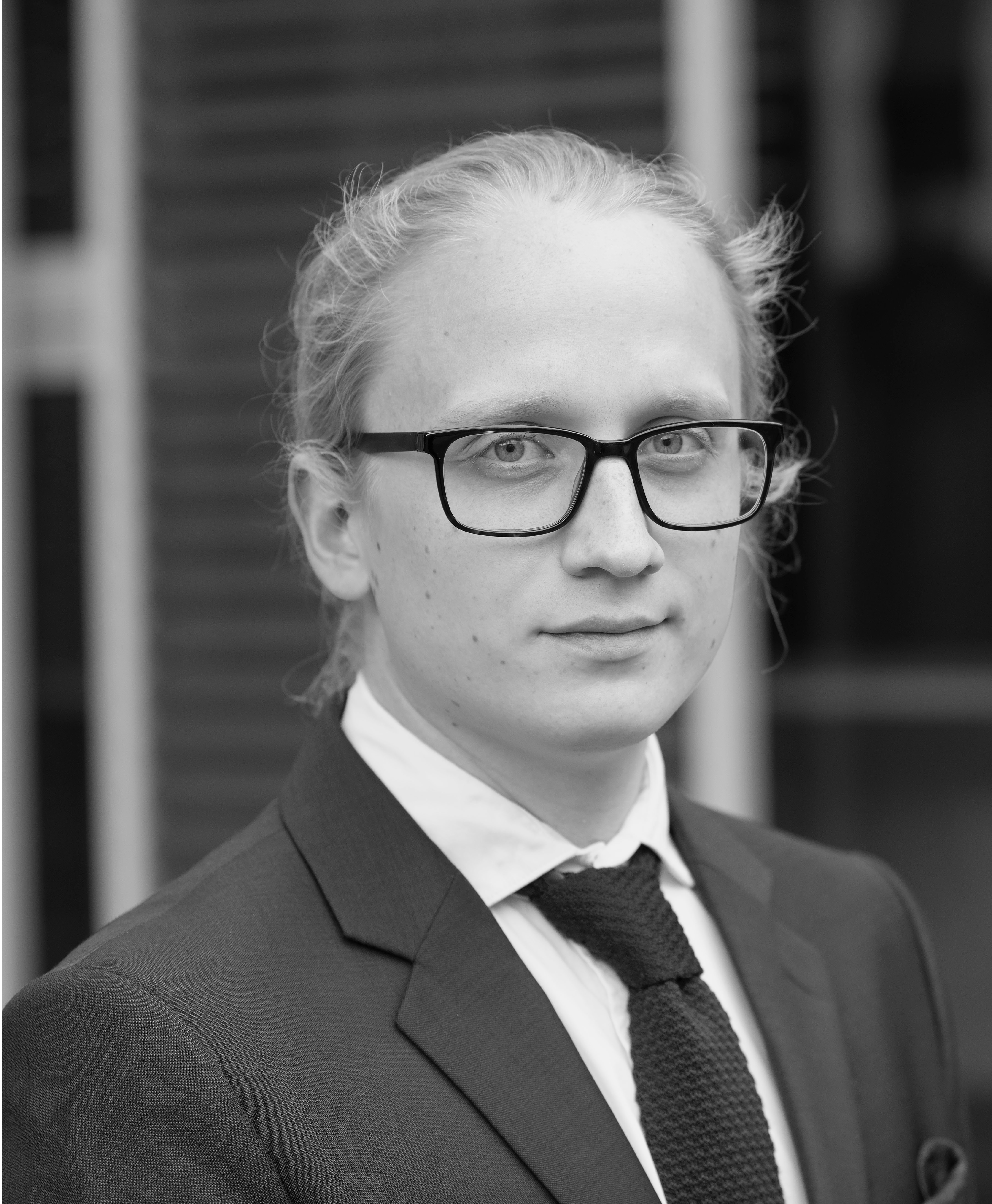
I am an assistant professor of economics at the University of Birmingham.
My research is at the intersection of political economy and economic history.
My CV is here.
Email: e.melander@bham.ac.uk
Publications
Wars, Taxation and Representation: Evidence from Five Centuries of German History [link]
(with Sascha O. Becker, Andreas Ferrara and Luigi Pascali)
Journal of the European Economic Association, 2025, 23(6), pp. 2241–2288
Media coverage: VoxEU
Abstract
We provide causal evidence for the role of warfare in the development of medieval constitutionalism. Using novel data on the universe of German cities between 1290 and 1710, we show that military conflicts led to city councils that were larger, more likely to be elected by citizens, and more likely to include representatives of craft guilds. Additionally, these conflicts resulted in a substantial increase in local fiscal and spending capacity. We exploit the gender of the firstborn children of local nobles as a source of exogenous variation in conflicts.
Welfare Cuts and Crime: Evidence from the New Poor Law [link]
(with Martina Miotto)
The Economic Journal, 2023, 133(651), pp. 1248–1264
Media coverage: CAGE Warwick, CAGE Warwick 2, The Long Run
Abstract
The New Poor Law reform of 1834 induced dramatic and heterogeneous reductions in welfare spending across English and Welsh counties. Using the reform in a difference-in-differences instrumental variables strategy, we document a robust negative relationship between the generosity of welfare provision and criminal activity. Results are driven by non-violent property crimes and are stronger during months of seasonal agricultural unemployment, highlighting the particularly criminogenic combination of welfare cuts and precarious work opportunities for the economically vulnerable.
Working Papers
Transport Infrastructure, Individual Mobility and Social Mobilisation [link]
Media coverage: LSE Business Review, The Long Run
[previous version: CAGE Working Paper No. 471]
conditionally accepted at the Journal of the European Economic Association
Abstract
Between 1881 and 1910, Swedish society underwent two transformative developments: the largescale roll-out of a national railway network and the nascence of grassroots social movements which became deeply embedded in the fabric of social capital well into the twentieth century. Using exogenous variation in railway access arising from initial plans for the network, I show that as localities became better-connected, they were more likely to host a local movement, saw more rapid membership growth and a greater number of distinct organisations. The mobility of individuals is a key mechanism: results are driven by passenger arrivals into connected localities, not freight arrivals. I implement a market access framework to show that, by reducing least-cost distances between localities, railways intensified the influence exerted by neighbouring concentrations of membership, thereby enabling social movement spread. These results hold also when comparing differentially-connected movements within the same locality in the same year. Subsequently – in Sweden’s first election with universal male suffrage in 1911 – localities with greater social movement mobilisation exhibited higher turnout and Social Democrat vote shares.
Creating ‘Us and Them’: Racial Propaganda and Right-Wing Voting in Interwar Sweden [link]
revise and resubmit at The Economic Journal
Abstract
I explore the political impact of the State Institute for Race Biology in interwar Sweden. Results of an anthropometric classification of the Swedish population according to pseudo-scientific notions of “Nordic purity” were disseminated in a propagandistic text. I find that, following the publication, districts deemed particularly “pure” exhibited relatively higher vote shares for right-wing parties catering to race-biological ideas. Insularity (low levels of immigration) and information (good access to libraries and newspaper media) are important moderators of this effect. Race-biological ideas appear to have been absorbed locally via direct correspondence with the Institute. My findings indicate that propaganda campaigns can shape political preferences, particularly when such campaigns make salient and speak directly to identity.
Brexit and the Blitz: Conflict, Collective Memory and Populism
Voting Power and the Press: Evidence from US Newspapers
(with Julia Cagé, Guilhem Cassan and James M. Snyder)
Other Work
Book Review: Race and the Undeserving Poor by Robbie Shilliam, Economic History Review, 72(2), 2019 [link]